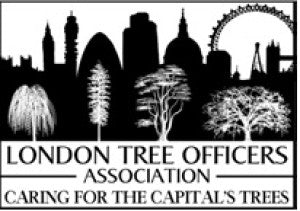Massaria Disease of Plane Trees

The disease, Massaria (Splanchnonema platani), affects London Plane trees (Platanus spp.).
It presents a real challenge for managers of Plane trees in the built environment as the fungus appears to take advantage of branches predisposed by drought stress, leading to larger branches being affected, that are then shed.
Apart from a few isolated reports of Massaria in the UK, Massaria has only been recorded in London since 2007.
The LTOA have produced a guidance document for tree managers providing a balanced and proportionate response to the problem.
The LTOA felt it was well placed to write this guidance document after working with Treework Environmental Practice and the Arboricultural Association.
The purpose of this guidance document is to provide a framework for understanding the problem affecting London Planes, and for gathering and communicating evidence about the disease.
The LTOA advocates that it is important to record information in a standard format that can be collated to achieve a uniform understanding of Massaria.
We have developed a detailed inspection sheet as part of the guidance document.
This approach will underpin the formulation of both short term and long-term management guidance, inspection protocols, and inform professionals involved in managing individual trees and populations of Plane trees.
The LTOA's stance is to ensure that unnecessary and inappropriate intervention is avoided and that there is a measured and well-informed basis for managing and communicating the risks that may arise from Massaria.
Jake Tibbetts, chair of the LTOA, said "The biggest risk posed to the London Plane tree population is from a disproportionate response to the problem, driven through fear of an over exaggerated perception of public safety risk.
This is because the unnecessary pruning or felling of London's Plane trees would be significantly detrimental to both the tree and human populations of London.
Management of the risks associated with Massaria requires no more than the application of existing management approaches.
Management is also concerned with how resources are prioritised and allocated and needs to take account of the cultural care of the trees and their growing environment.
Not to do so is to put future generations of Londoners at risk from loss of canopy and its associated impacts on quality of life."
For more information visit: www.ltoa.org.uk
